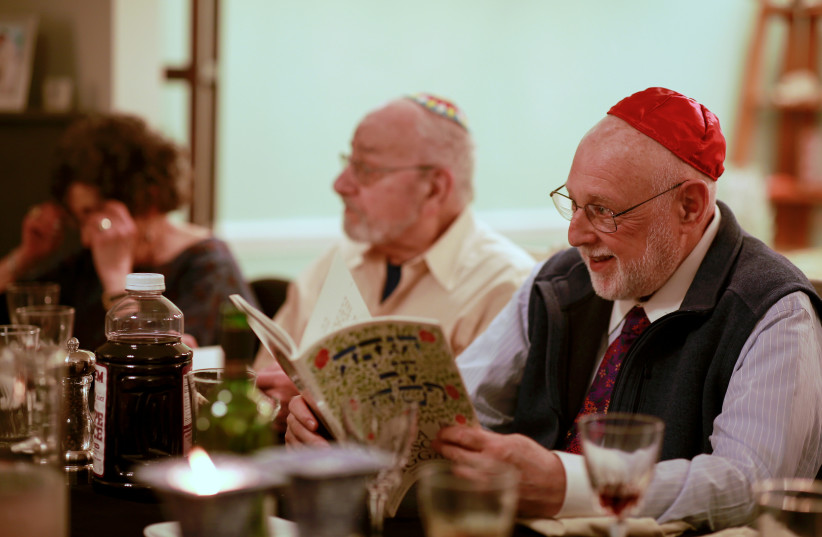This Shabbat, the Jewish people will start celebrating Passover, the holiday that marks the nation’s exodus from slavery in Egypt to freedom.
On Seder night, we will sit around the holiday table and do the “seder,” which actually means “order,” as we do a series of actions in a specific order with each one symbolizing a significant theme of Passover.
One of the central commandments at the Seder is drinking four cups of wine. It might be understood that drinking a lot of wine makes a person feel free. But why four cups?
Our sages in the Jerusalem Talmud (Pesachim 10a) suggested four ways to explain the essence of this commandment to drink four cups of wine:
- Rabbi Yohanan in the name of Rabbi Benaya: Corresponding to the four expressions of salvation: “And I will bring you out, and I will rescue you, and I will save you, and I will take you.”
- Rabbi Yehoshua ben Levi said: Corresponding to the four cups of Pharaoh.
- Rabbi Levi said: Corresponding to the four kingdoms.
- But our teachers say, corresponding to the four cups of calamity that the Holy One, praise to Him, will make the gentiles drink at the end of days.

If we look at this closely, it seems that the sages of the Talmud were dealing with the question of what freedom and redemption we should be occupied with during the Seder when drinking the four cups.
Rabbi Yohanan in the name of Rabbi Benaya said they corresponded with the four expressions of salvation. He thought that the Seder should focus on the exodus from Egypt, since that is the most significant part of the story, which must be noted on the night our nation was liberated from slavery, an event that became the prototype of all freedoms and redemptions. This redemption created the Jewish nation.
Rabbi Yehoshua ben Levi said they correspond to the four cups mentioned in the story of Joseph solving the dreams of the pharaoh’s butler. Two years after solving that dream, Joseph was taken out of prison and made the pharaoh’s viceroy. It is possible that this opinion is expressing the fact that there should be a place on Passover for personal stories of redemption like Joseph’s.
Throughout the generations, many people have merited private redemptions, being liberated from slavery to freedom, including prisoners of concentration camps, prisoners of war and prisoners of Zion. They all saw Passover as a holiday of hope – that one day they, too, would be liberated; and after they were, they saw it as a holiday of thanksgiving for the private redemption they merited.
Rabbi Levi said the four cups correspond to the four kingdoms and our rabbis said they correspond to the four cups of calamity that God will give the nations of the world who had harmed the Jews. According to Rabbi Levi and the rabbis, another layer should be added to this festival of redemption to mark that it is not only a national holiday celebrating redemption from Egypt, and not only a holiday celebrating personal redemption, but also the holiday of redemption. At the Seder, we must remember the kingdoms from which we were saved in the past, as well as those that threaten us now, from which God will save us by giving them to drink from the “cups of calamity.”
This idea is also in the Haggadah. In the last part of the Seder, in “nirtzah” when we say the liturgy, we remember not only the story of the exodus from Egypt, but also other stories of redemption. The faith and belief that the concept of freedom and salvation are eternal is expressed in the prayer recited by every Jew and that is sung toward the end of the Seder: Le’shana haba’a b’Yerushalayim – Next year in Jerusalem!
Our rabbis determined that we drink four cups of wine at the Seder so we see ourselves as free. What freedom, which salvation, should we be focused on during the Seder? The question has four answers: We should focus on the redemption of the nation from Egypt; on our personal redemption – like Joseph’s; on our historic redemption – like the Jewish nation’s from the yoke of the kingdoms; and on the future redemption – when the Messiah comes and the world will be repaired.
Wishing you a happy and kosher Passover! ■
The writer is rabbi of the Western Wall and Holy Sites.
